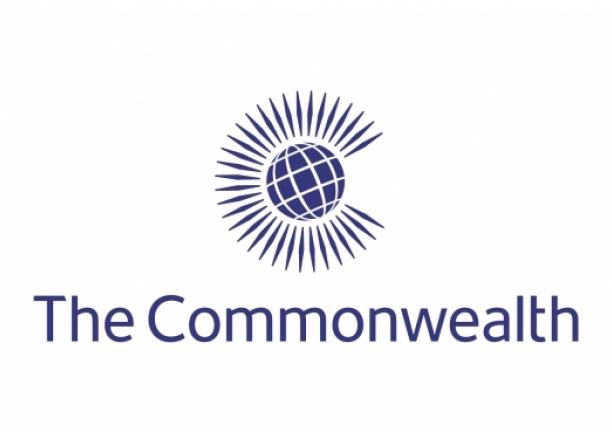
BY HARRIET CHIKANDIWA HUMAN rights activists have urged government to implement political and governance reforms if it hopes to be readmitted into the Commonwealth group of nations.
Last week, Zimbabwe failed to be readmitted back into the bloc dominated by former British colonies after the southern African country’s application for readmission was never included in the agenda during the Commonwealth Heads of Governments Meeting in Kigali, Rwanda.
Zimbabwe has been increasingly isolated following the 2000 chaotic land reform programme.
The country pulled out of the Commonwealth in 2003 following sanctions imposed on it by the European Union and the United States of America largely over the chaotic land reform issue.
Since his ascension to power, through a military coup in 2017, President Emmerson Mnangagwa has been making concerted efforts to re-engage and get the country readmitted into the Commonwealth.
In a statement on failure by Zimbabwe to be readmitted into the commonwealth, the Zimbabwe Human Rights NGO Forum said: “The Forum urges the Government of Zimbabwe to demonstrate a genuine and sustained effort at implementing political reforms and to show this commitment by conforming to the provisions of the United Nations Declaration on Human Rights Defenders, which accords specific protections to human rights defenders and which stands ratified by the Government of Zimbabwe.”
They insisted that Zimbabwe’s readmission to the Commonwealth should follow a comprehensive and exhaustive evaluation of current conditions in the country by a high-level Commonwealth mission that consults widely with all stakeholders.
Political analyst Effie Ncube said the Commonwealth snub was informed by lack of political reforms and gross human rights violations.
- Chamisa under fire over US$120K donation
- Mavhunga puts DeMbare into Chibuku quarterfinals
- Pension funds bet on Cabora Bassa oilfields
- Councils defy govt fire tender directive
Keep Reading
“To readmit Zimbabwe under the current political and economic climate characterised by corruption, fraudulent elections, abductions, threats to civil society organisations and the mutilation of democracy would be tantamount to approving persecution of dissenting voices, the breakdown of the rule of law and systematic human rights violations,” Ncube said.
He believes Zimbabwe needs to eliminate its pariah status, which has led to its international isolation costing the country the opportunity to enjoy development assistance, human resource development through Commonwealth scholarships, and other advantages.
Academic Prolific Mataruse said: “The Commonwealth is one of the keys to the so called international community; joining it ensures that you are not treated like a pariah State. Isolation affects a country’s access to credit lines.”
Mataruse, however, urged African States to stop depending on development aid, describing it as anti-neoliberal thinking which removes urgency and responsibility from African leaders.
“A careful balance must be drawn between why we need amicable international friendships and identifying our role in our own development. No country or international organisation will fix Zimbabwe for us,” he said.
- Follow Harriet on Twitter @harretchikand1







